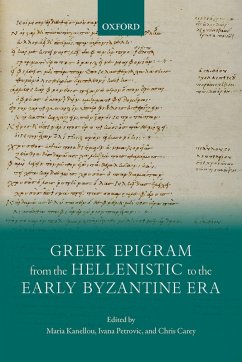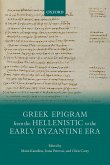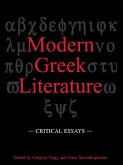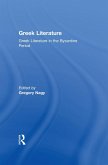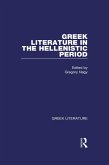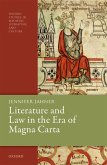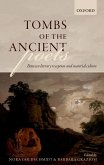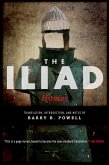Greek epigram is a remarkable poetic form. The briefest of all ancient Greek genres, it is also the most resilient: for almost a thousand years it attracted some of the finest Greek poetic talents as well as exerting a profound influence on Latin literature, and it continues to inspire and influence modern translations and imitations. After a long period of neglect, research on epigram has surged during recent decades, and this volume draws on the fruits of that renewed scholarly engagement. It is concerned not with the work of individual authors or anthologies, but with the complexities of epigram as a genre, and provides a selection of in-depth treatments of key aspects of Greek literary epigram of the Hellenistic, Roman, and early Byzantine periods. Individual chapters offer insights into a variety of topics, from the dynamic interactions between poets and their predecessors and contemporaries, and the relationship between epigram and its sociopolitical, cultural, and literary background from the third century BCE up until the sixth century CE, to its interaction with its origins, inscribed epigram more generally, other literary genres, the visual arts, and Latin poetry, as well as the process of editing and compilation that generated the collections that survived into the modern world. Through the medium of individual studies the volume as a whole seeks to offer a sense of this vibrant and dynamic poetic form and its world, which will be of value to scholars and students of Greek epigram and classical literature more broadly.
Dieser Download kann aus rechtlichen Gründen nur mit Rechnungsadresse in A, B, BG, CY, CZ, D, DK, EW, E, FIN, F, GR, HR, H, IRL, I, LT, L, LR, M, NL, PL, P, R, S, SLO, SK ausgeliefert werden.

